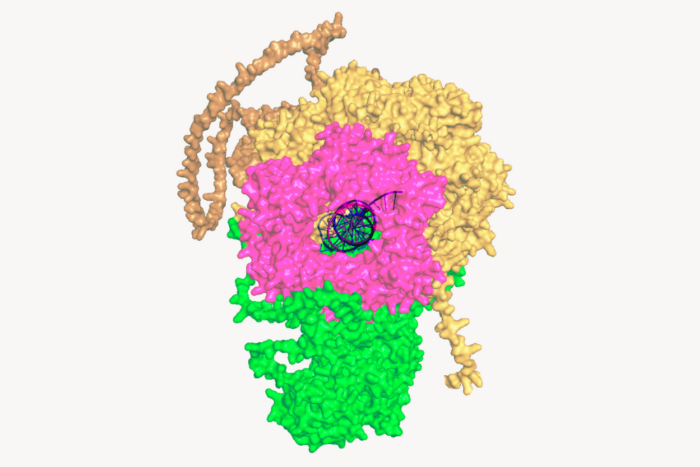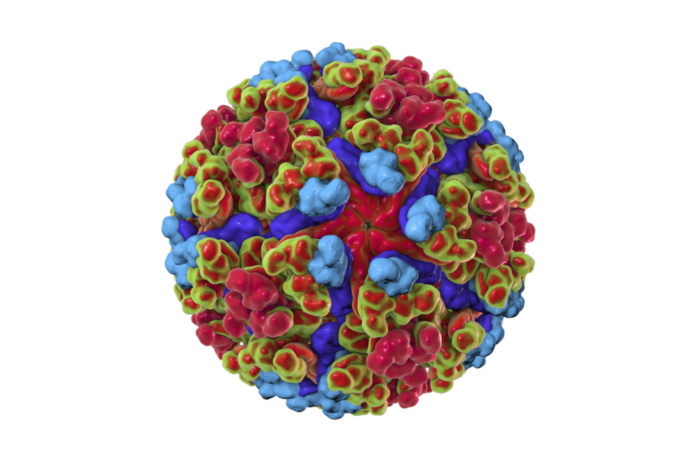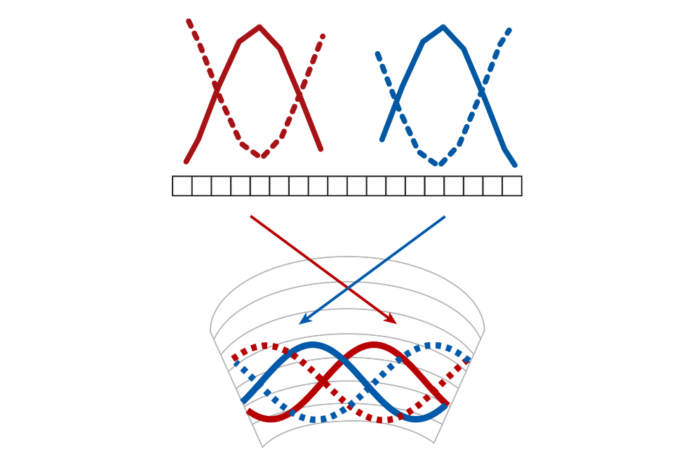Tri-I drug discovery institute soon to announce first projects
by LESLIE CHURCH
The Tri-Institutional Therapeutics Discovery Institute (Tri-I TDI), an initiative with Memorial Sloan Kettering Cancer Center and Weill Cornell Medical College begun last fall to help expedite early-stage drug discovery, will announce this month the first projects it has selected for funding. Six proposals will be funded from among 48 letters of interest submitted by researchers at the three institutions.
The independent, nonprofit institute represents a novel partnership of academic institutions working to turn discoveries made in basic science labs into therapeutics. With its own scientific advisory board and board of directors, the institute’s focus is on the early stages of developing compounds that make possible all-important “proof of concept” studies — those that increase the likelihood that targeting a specific biologic pathway can favorably alter the course of a disease.

Discovery center. The Tri-I Therapeutics Discovery Institute’s medicinal chemistry activities are housed on the top floor of Weill Cornell Medical College’s new state-of-the-art Belfer Research Building.
Tri-I TDI’s collaboration with pharmaceutical and biotechnology companies will benefit drug discovery work at all three institutions; the first such collaboration, with Takeda, a global research-based pharmaceutical company headquartered in Japan, leverages the expertise of Takeda’s medicinal chemists and pharmacologists to enhance drug discovery and translational work as well as educational opportunities.
Founded with a $15 million gift by Lewis and Ali Sanders, the institute conducts its medicinal chemistry activities on the top floor of the new, state-of-the-art Belfer Research Building at Weill Cornell, which opened in January. A $5 million gift from the Howard and Abby Milstein Foundation helped enable the creation of the medicinal chemistry facilities.
Projects will likely reflect the diverse interests of the member institutions’ faculty, from addressing the developing world’s most deadly diseases — tuberculosis and malaria among them — to Alzheimer’s, cancer, HIV, heart disease and obesity, to neglected or “orphan” diseases that afflict small numbers of people. Each scientist’s home institution will retain its intellectual property.
“The board of directors selects research projects based on the creativity of their ideas and the potential they show for developing therapies,” says Michael Foley, the Sanders Director of Tri-I TDI, who was hired in December. “We’ve received a number of impressive proposals and are excited to get the funding process underway.”
Tri-I TDI plans to focus initially on projects that involve small chemical molecules. Candidate drugs may be licensed out to complete the later steps of drug development, such as manufacturing and the conduct of clinical trials, or trials may be run at the three institutions’ clinical and translational science centers and clinical trial offices.
“This institute will greatly enhance the ability of basic science labs at the three institutions to translate their discoveries into new medicines,” says Marc Tessier-Lavigne, the university’s president. “This exciting collaboration will also serve as a link between institutional researchers and industry experts in medicinal chemistry, compound screening and drug development. It’s a partnership that will help lower barriers in the drug discovery process and ultimately lead to new therapies for some of our most difficult and deadly diseases.”


